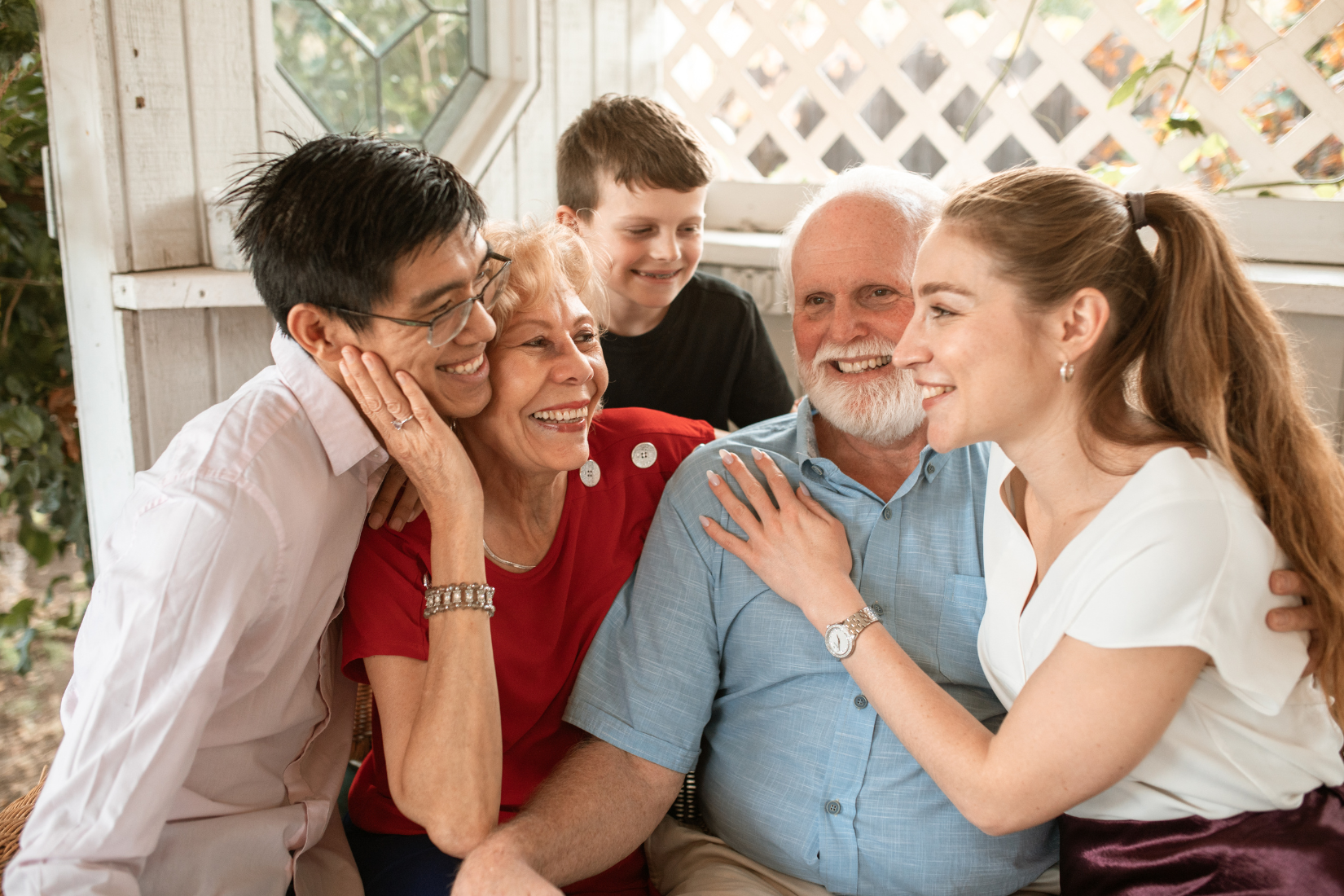The latest figures confirm that the cost of living is rising at its fastest pace in almost a decade.According to the Office for National Statistics (ONS), the Consumer Prices Index (CPI) measure of price inflation rose by 4.2% in the 12 months to October.
It’s a sharp increase compared to the 3.1% rise reported a month earlier, with inflationary pressure coming from surging energy prices, eating out and the cost of secondhand cars. Since the economy reopened in the summer, following the end of pandemic restrictions on trade, price inflation has risen significantly.As a result, it would be reasonable to expect the Bank of England to raise interest rates in response.The Bank has a target of 2% for CPI price inflation.Grant Fitzner, chief economist at the ONS, said:“Inflation rose steeply in October to its highest rate in nearly a decade.
This was driven by increased household energy bills due to the price cap hike, a rise in the cost of secondhand cars and fuel, as well as higher prices in restaurants and hotels.Costs of goods produced by factories and the price of raw materials have also risen substantially and are now at their highest rates for at least ten years.The price inflation basket shows components making the most significant contribution to rising prices, with gas and electricity bills leading the charge.More robust global demand for wholesale oil and gas is making it more expensive, ultimately leading to higher prices for energy providers and, therefore, households.In recent months, several smaller energy companies in the UK have gone bust due to these rising wholesale prices, unable to remain profitable when limited in what they can charge customers due to the OFGEM energy price cap.Another factor pushing up prices is the global supply crisis, impacting the availability of computer chips and building materials. The significant price rise for secondhand cars is partly attributed to a shortage of microprocessors, with fewer newly built cars available.There is also a comparison with discounted prices during the pandemic, such as reduced VAT costs for the hospitality and cheap meals under the Eat Out to Help Out scheme.Commenting on the latest price inflation figures, Chancellor Rishi Sunak said:“Many countries are experiencing higher inflation as we recover from Covid, and we know people are facing pressures with the cost of living.”Shadow Chancellor Rachel Reeves claimed that families will be more than £1,000 worse off as a result of these higher prices, saying:
“Instead of taking action, the government are looking the other way, blaming ‘global problems’ while they trap us in a high tax, low growth cycle.”Financial planning is key to ensure one can achieve and maintain their desired lifestyle, despite increases in the cost of living and lifestyle.At Wells Gibson, we care about you, who’s important to you and what’s important to you. We care about your financial future.






